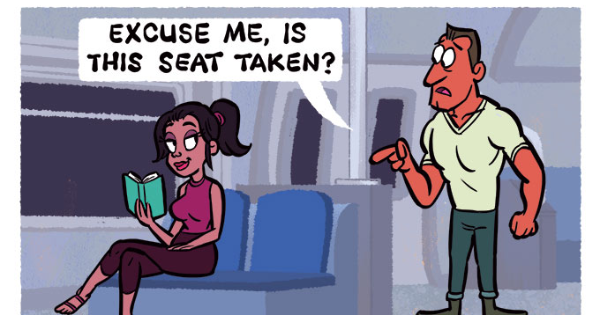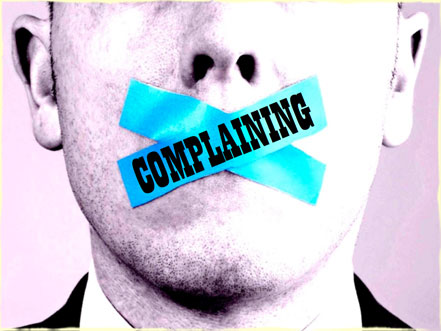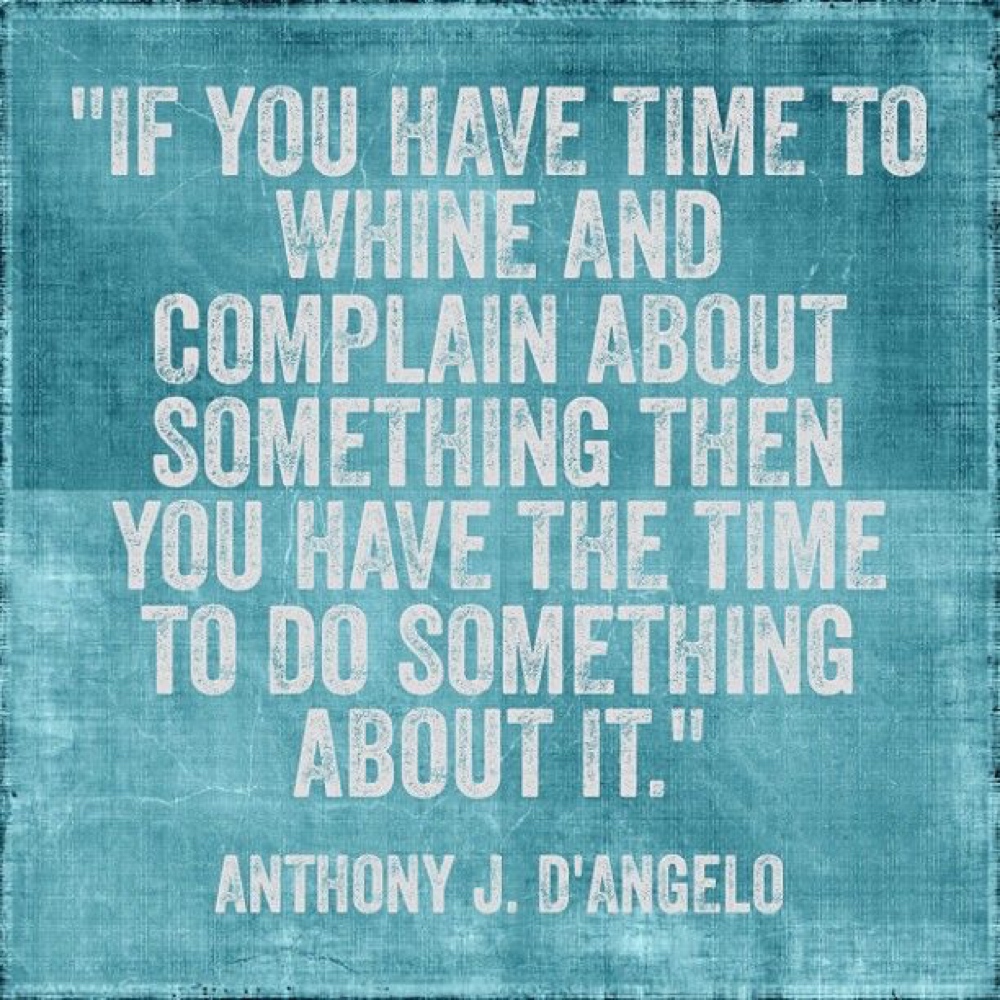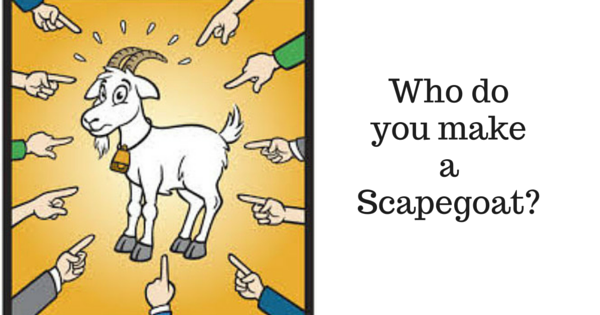
During turbulent times or during an economic, financial, political or environmental crisis, people especially look for scapegoats.
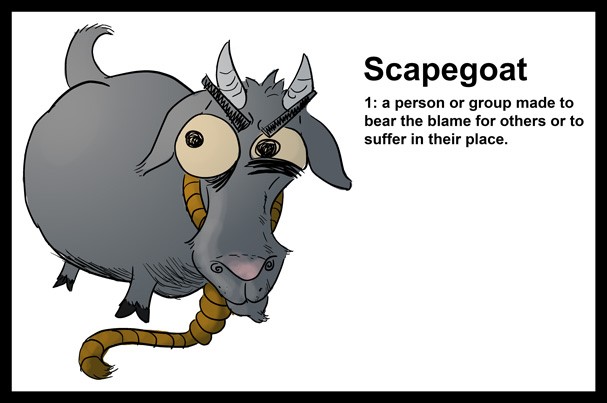
Examples as a noun:
The captain was just a scapegoat. The real villains were the people in charge of the shipping company.
Companies often use the economy as a scapegoat to avoid taking responsibility for dropping sales
I will not be made a scapegoat.
The CEO was made the scapegoat for the company’s failures.
Example as a verb:

Scapegoat has a fascinating history. Today the word is used to refer to one that bears the blame for others or is the object of irrational hostility, but it originated with an actual goat.
The word comes from Judaism. During mass reconciliation, the rabbi would bring a goat to the alter. The sins of the people would be absorbed into the goat, and it would then be killed, its blood staining the alter until cleansed. This is what Jesus Christ reflected in his crucifixion, being a scapegoat.
The English scapegoat is a compound of the archaic verb scape, which means “escape,” and goat, and is modeled on a misreading of the Hebrew ʽazāzēl (which is probably the name of a demon) as ʽēz ‘ōzēl , “the goat that departs.” More modern translations render scapegoat in this text as Azazel, but the misreading endured and has entered the lexicon.
We learned some vocabulary to discuss the future of the country here. Now we can maybe add one more word to the ones we already know, to talk about what is happening now! 😉
Special thanks go to my diligent student Afonso, who brought up this subject to class.


